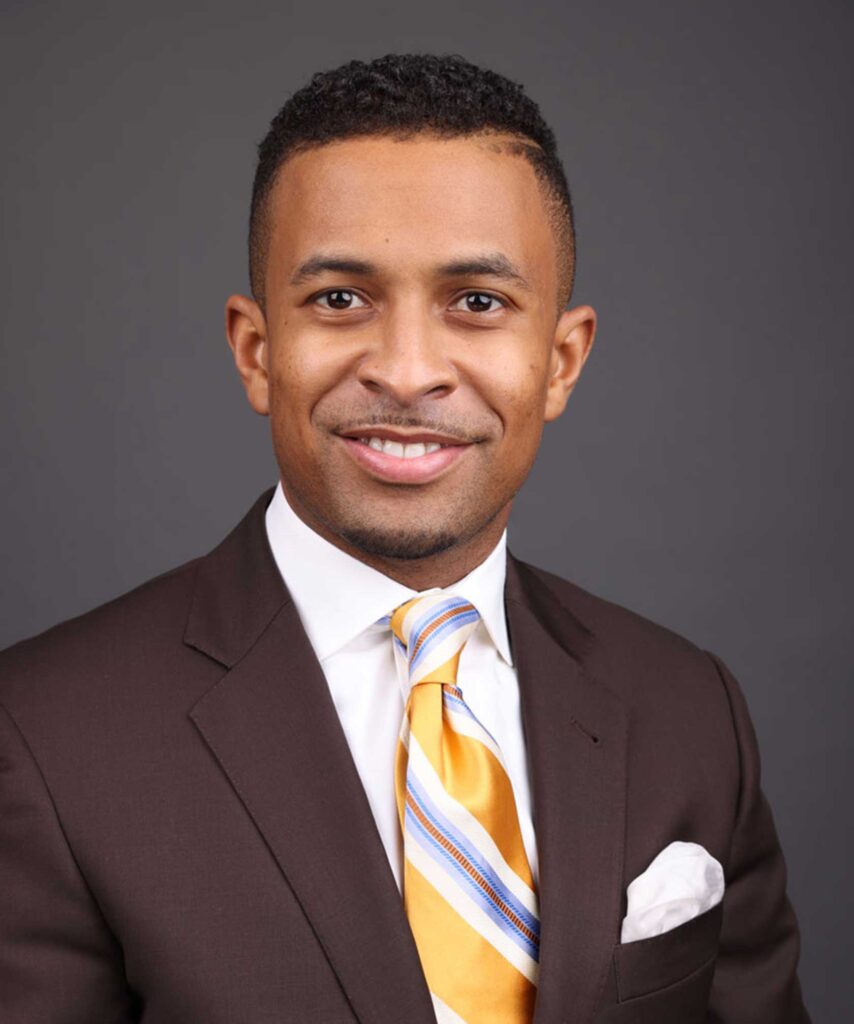New book by Rev. Brandon Thomas Crowley explores queer identities in spiritual spaces

When Rev. Brandon Thomas Crowley revealed his queer identity to his congregation at the historic Myrtle Baptist Church in Newton, Massachusetts, the group embraced him with love and acceptance. But Crowley wanted to make sure that same love was extended to all queer figures in the community, not just the reverend these parishioners already knew and trusted.
“They had a relationship with me, I was their pastor, I kissed their babies, I was with them at the hospital,” says Crowley. “But what does it mean for a Black church to practice hospitality to people that it doesn’t know?” When Crowley began looking for resources to encourage acceptance in his own congregation, he realized that those resources did not exist for the Black community. And so he decided to make one.

“Queering Black Churches: Dismantling Heteronormativity in African American Congregations,” by Rev. Crowley will be released in January, 2024. COURTESY PHOTO
What resulted was years of travel, research and interviews that culminated in Crowley’s first book, “Queering Black Churches: Dismantling Heteronormativity in African American Congregations,” debuting in early 2024 from Oxford University Press. While writing the book, Crowley visited Black churches all over the United States, exploring where queer bias came from and how some churches had embraced radical inclusion.
One of the foundational things Crowley discovered in this research is that queer bias did not come from an innate distrust of queer identities or from the teachings of the Bible.
“The first time we ever hear a message of homophobia articulated across a Black pulpit is not because of its weddedness to the Bible,” says Crowley. “But it is actually because it wants to make Black people appear civil to the white gaze. So Black church homophobia is birthed out of Black people’s desire to appear human to white people.”
Building open and affirming (ONA) Black churches starts by learning this history, says Crowley. Another important pillar according to Crowley is open and comprehensive sex education, which breaks down the secrecy and the feeling of sexuality as innately immoral. The book also explores how Black worship in the United States was always a radical act, born from a place of enslavement, and how gender permeates the church even in the way parishioners refer to God.
Crowley will be speaking about the book at the Museum of Science on Nov. 30. The event has two parts, first a conversation between Crowley and Boston Globe columnist and creator of “The Beautiful Resistance,” Jeneé Osterheldt. The second half of the event will feature a dialogue between Crowley and Reverend Gerald “Jay” Williams of Union Church Boston, discussing the barriers to queer acceptance in the Black church. The event is free and open to the public, but prior registration is required.
James Monroe, creative director of programming in the Centers for Public Science Learning at the Museum of Science, says, “What our Center for Life Sciences and our Center for Space are focused on in 2024 is this intersection of religion and science. There’s a lot that I think religion and science can teach each other and learn from each other, really to create a more inclusive society and inclusive world for everyone.”
Crowley’s “Queering Black Churches” book will be released on Jan. 2 and is available for order from Oxford University Press and Amazon. Proceeds from book sales will be donated to The LGBT Asylum Task Force, a church ministry that assists asylum seekers from the African continent, the Caribbean and other areas of the world who are in danger due to their queer identities. The program helps these individuals seek asylum in the United States and provides them with resources to establish themselves here.
The book presents a history of homophobia in the church, explores what work churches have done to become fully inclusive, and provides strategies congregations can use to work toward becoming open and affirming. Ultimately, Crowley hopes it will open minds to a broader perspective of what queerness and community look like in the church.
“Humanity is made in the image and likeness of God,” says Crowley. “The diversity of humanity is actually a reflection of the vastness of God, the limitlessness of God.”







